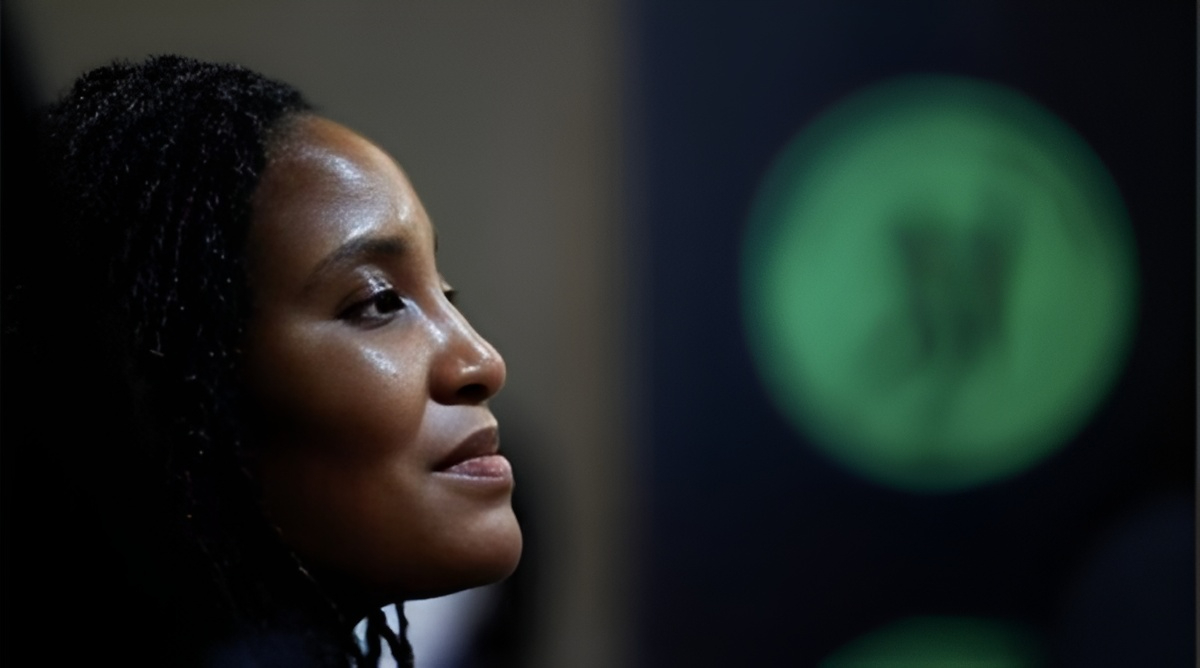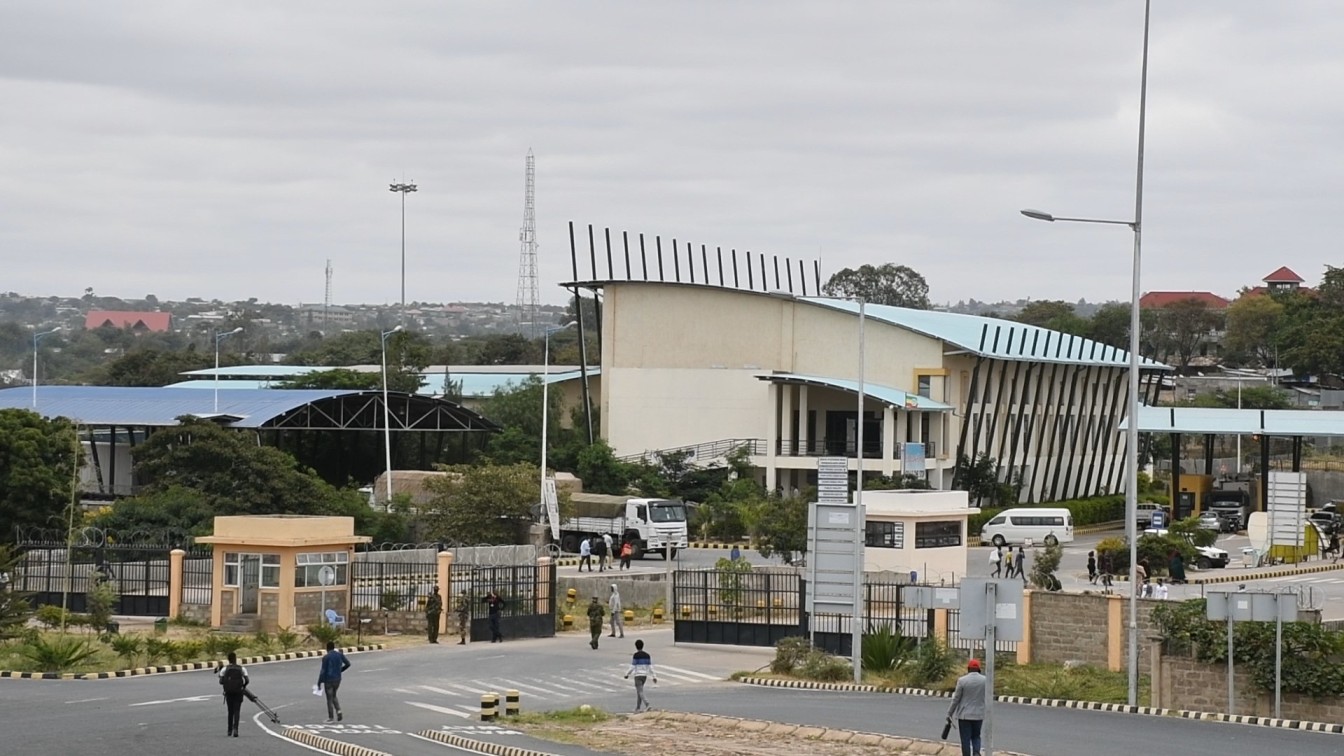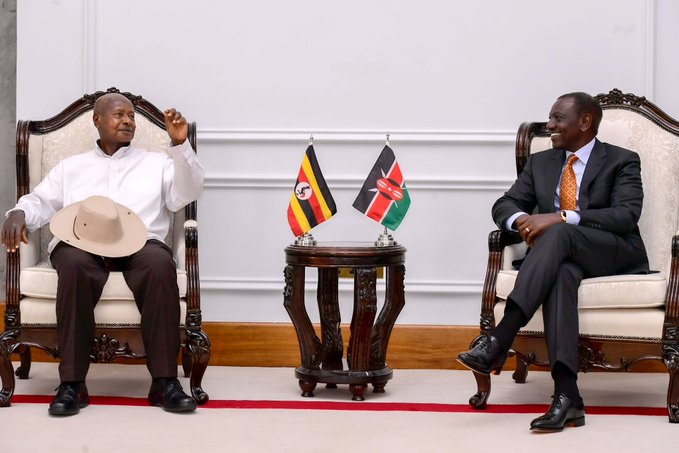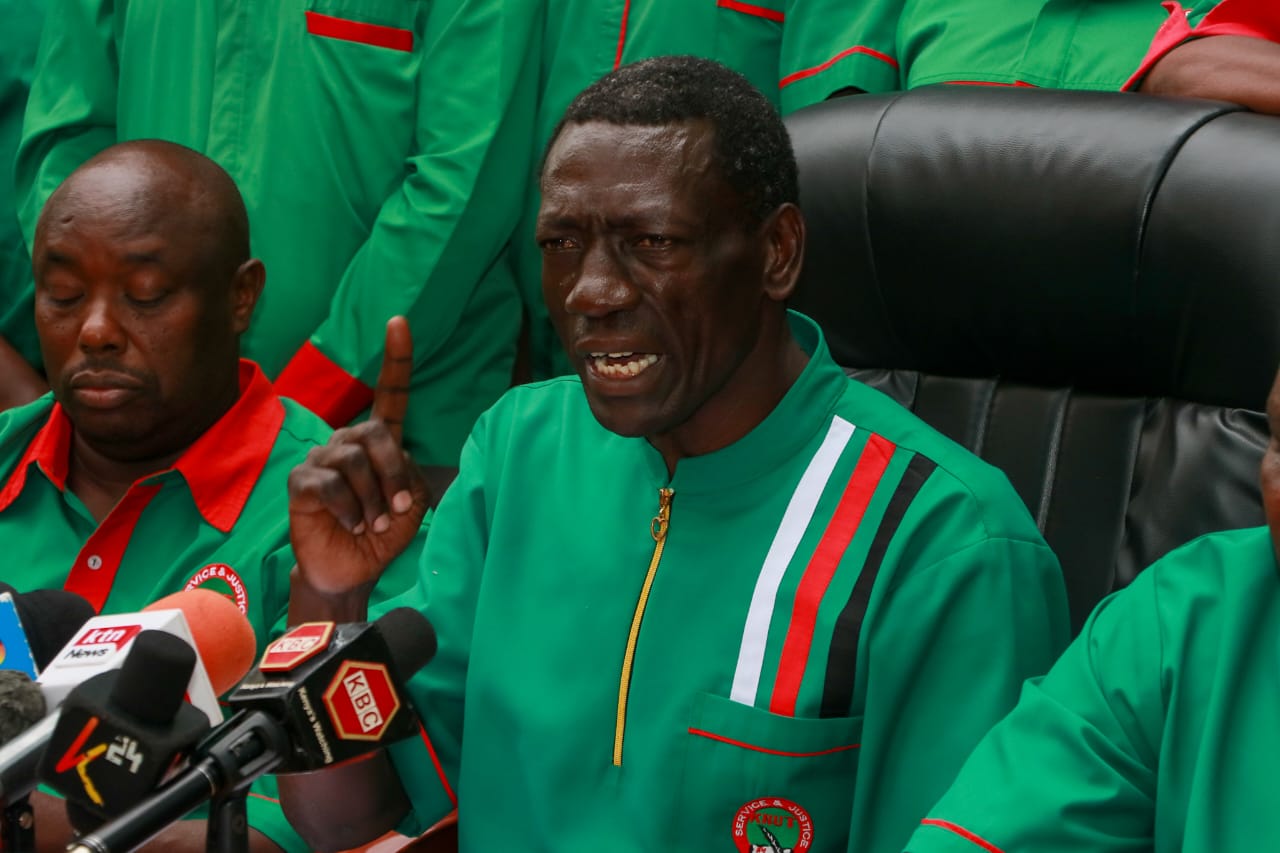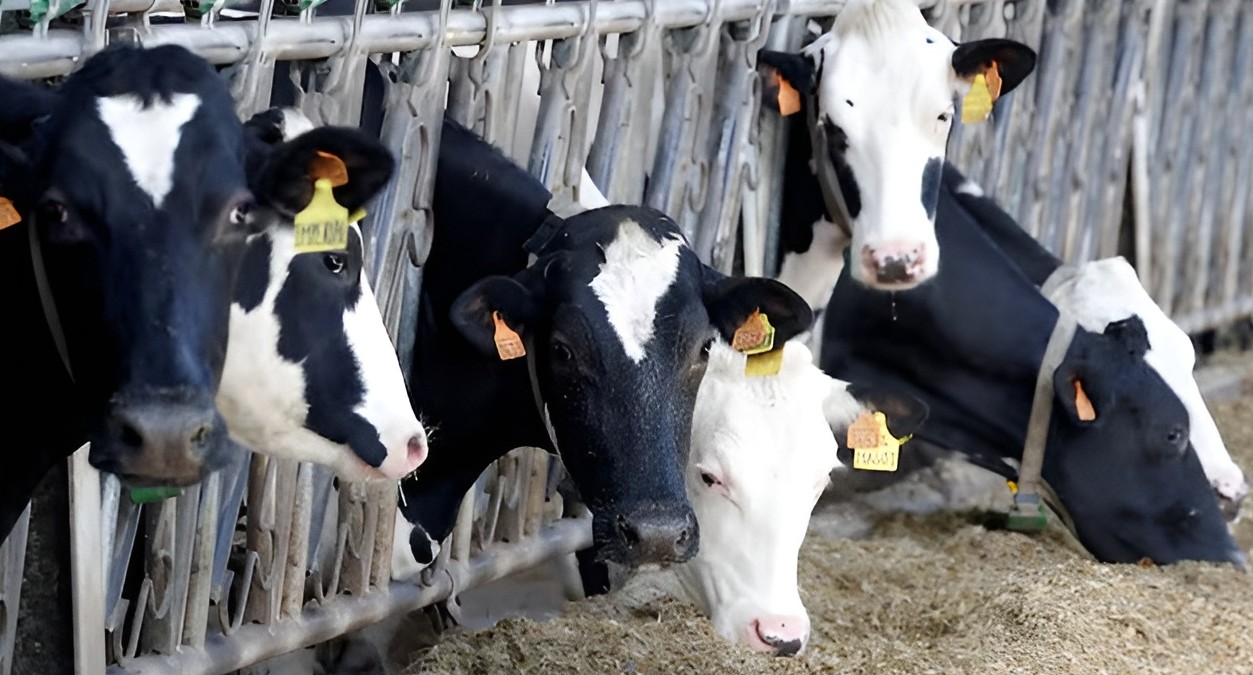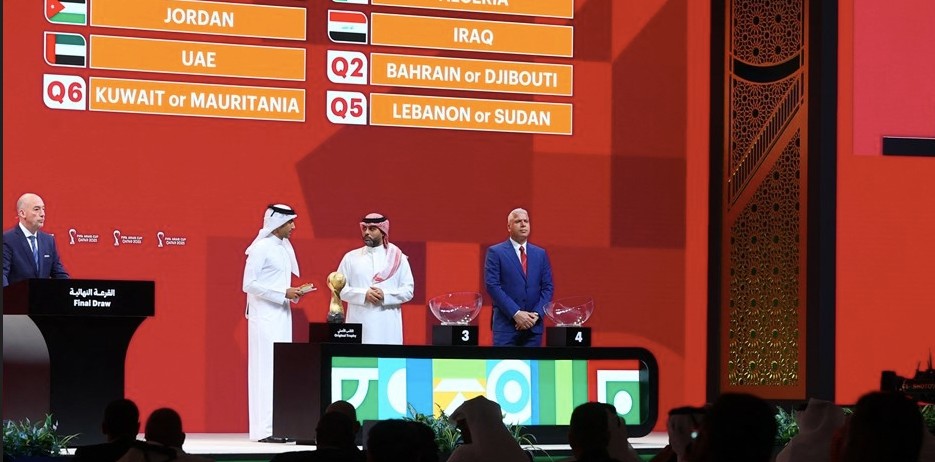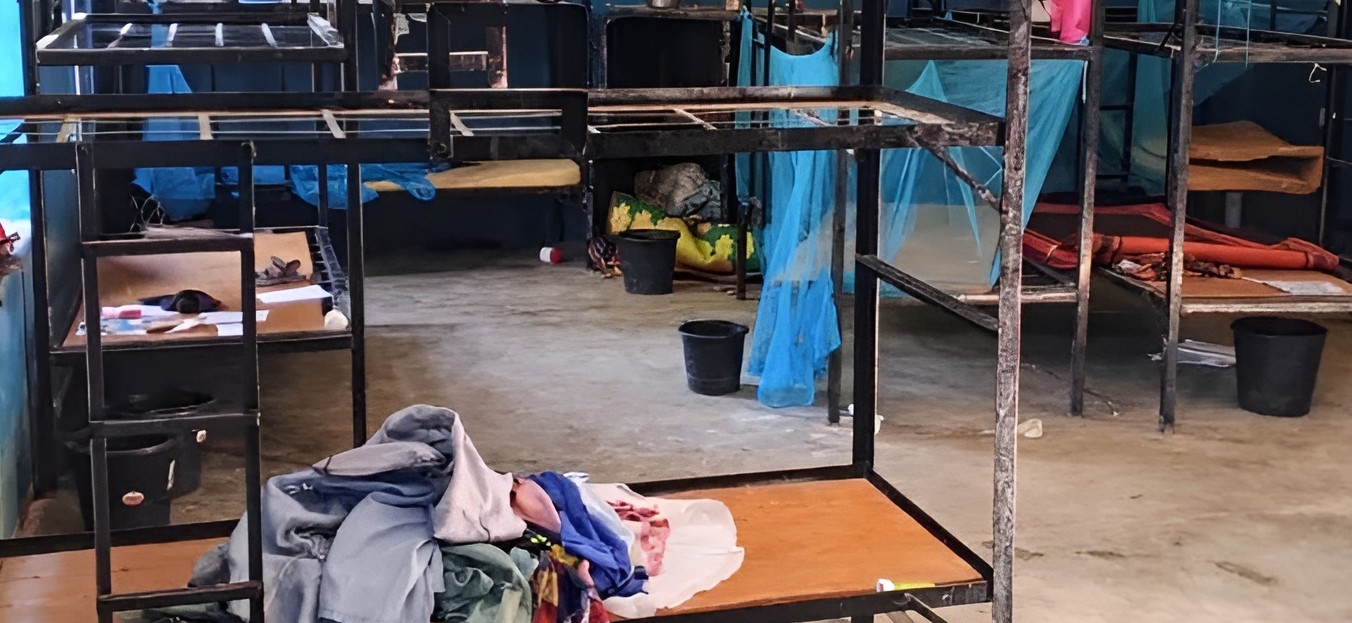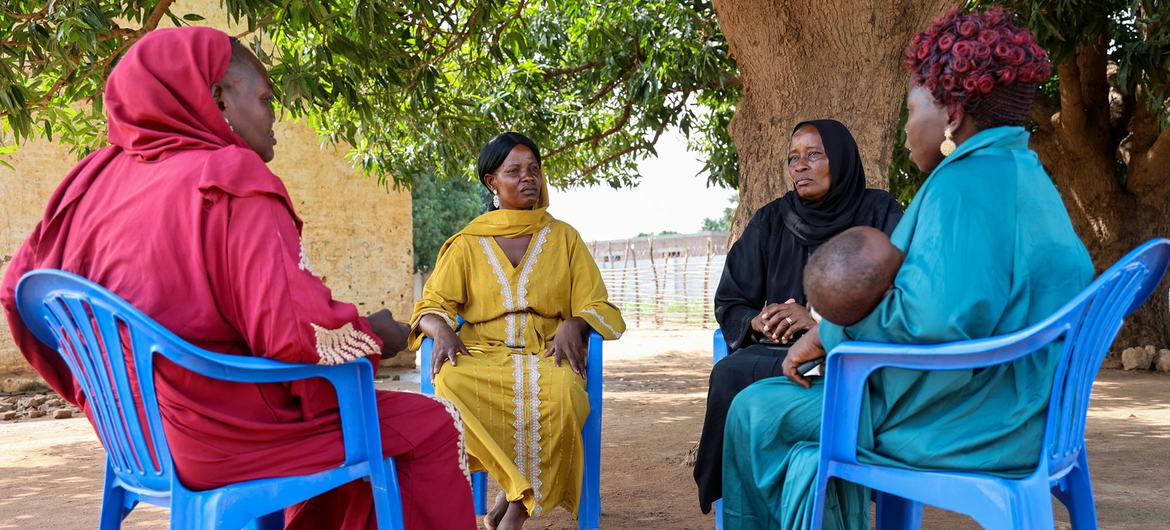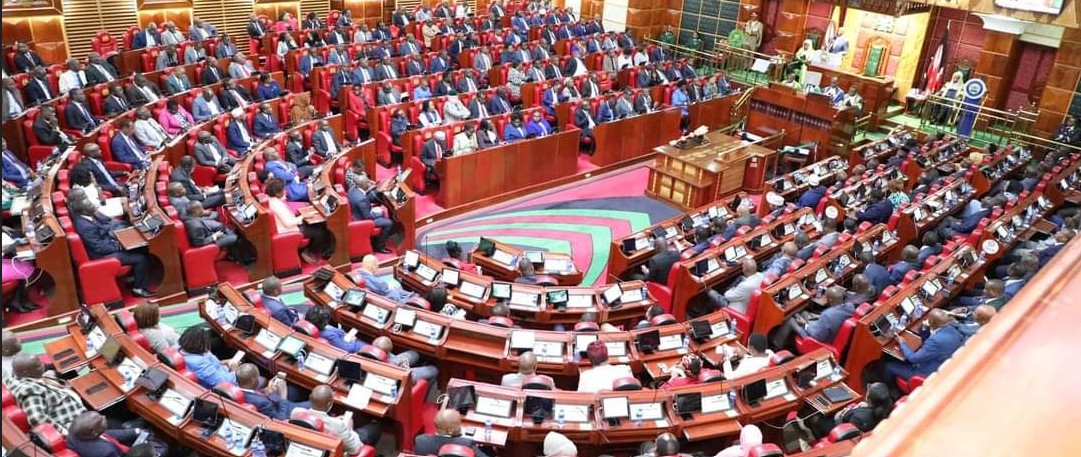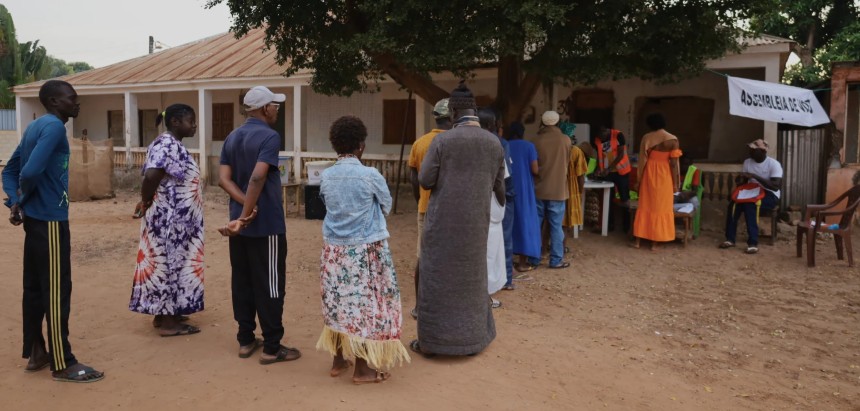WHO approves single-dose HPV vaccine for cervical cancer

The decision comes a year after trials in Kenya showed that one dose of the vaccine is sufficient.
The World Health Organization (WHO) has approved the use of one of its licensed HPV vaccines, Cecolin, as a single-dose vaccine to prevent cervical cancer.
The decision comes a year after trials in Kenya showed that one dose of the vaccine is sufficient.
More To Read
- Kenya reports progress in HPV vaccination, still short of WHO target
- 10 runners race up Mt Kenya in 10 hours to honour women lost to cervical cancer
- Kamukunji’s Kinyago Kanuku hosts groundbreaking breast and cervical cancer screening
- Understanding the gaps: Why HPV vaccine uptake in Kenya remains worryingly low
- Vaccine hesitancy: Inside Kenya’s push against measles, rubella and typhoid
- Religious leaders join health experts in fight against cervical cancer, maternal deaths
The move is expected to significantly boost HPV vaccine coverage, especially in countries with limited access to healthcare.
According to WHO, cervical cancer claims the lives of 3,211 women annually in Kenya, while 5,236 new cases are diagnosed every year.
Dr. Tedros Ghebreyesus, WHO Director-General expressed optimism about the approval.
"Unlike most other cancers, we can eliminate cervical cancer, along with its painful inequities. By adding another option for a one-dose HPV vaccination schedule, we have taken another step closer to consigning cervical cancer to history," he said.
Impact on Kenya's Vaccination Programme
Kenya launched its two-dose HPV vaccination programme in October 2019, targeting girls aged 10.
By 2021, the Ministry of Health reported 77 per cent coverage for the first dose but only 31 per cent for the second dose.
The approval of a single-dose schedule could help address this gap, making it easier to reach more girls and protect them from cervical cancer.
The decision to shift to a single-dose regimen aligns with findings from a study conducted by the Kenya Medical Research Institute (KEMRI).
Researchers announced last year that a single dose of the HPV vaccine was highly effective in preventing persistent infections over three years.
Dr. Nelly Mugo, the lead investigator at KEMRI, emphasised the importance of these findings, especially for low-resource settings.
"We believe that these findings could have significant implications for vaccination programmes in low-resource settings, where the burden of cervical cancer is highest," she said.
The KEMRI study, a randomised, multicentre, double-blind trial, involved 2,275 women aged 15 to 20.
Other Topics To Read
Participants were given either a single dose of the bivalent or nonavalent HPV vaccine or a control vaccine.
The results showed that the single dose of both types of vaccines was 98 per cent effective in preventing persistent HPV infections.
Furthermore, the nonavalent vaccine was 96 per cent effective against the nine types of HPV it targets.
Following the success of this trial, the Kenya National Immunisation Technical Advisory Group recommended that a single dose of the HPV vaccine is sufficient, aligning with updated WHO guidelines.
Kilele Health, a civil society organisation that supports cancer survivors and caregivers, has also expressed support for the implementation of the single-dose vaccine.
They believe this will make the vaccine more accessible to communities and further contribute to the fight against cervical cancer.
By reducing the number of doses needed, the WHO's approval offers a new, simpler pathway for countries to protect women and girls from this preventable disease, helping reduce cervical cancer cases worldwide.
Top Stories Today


